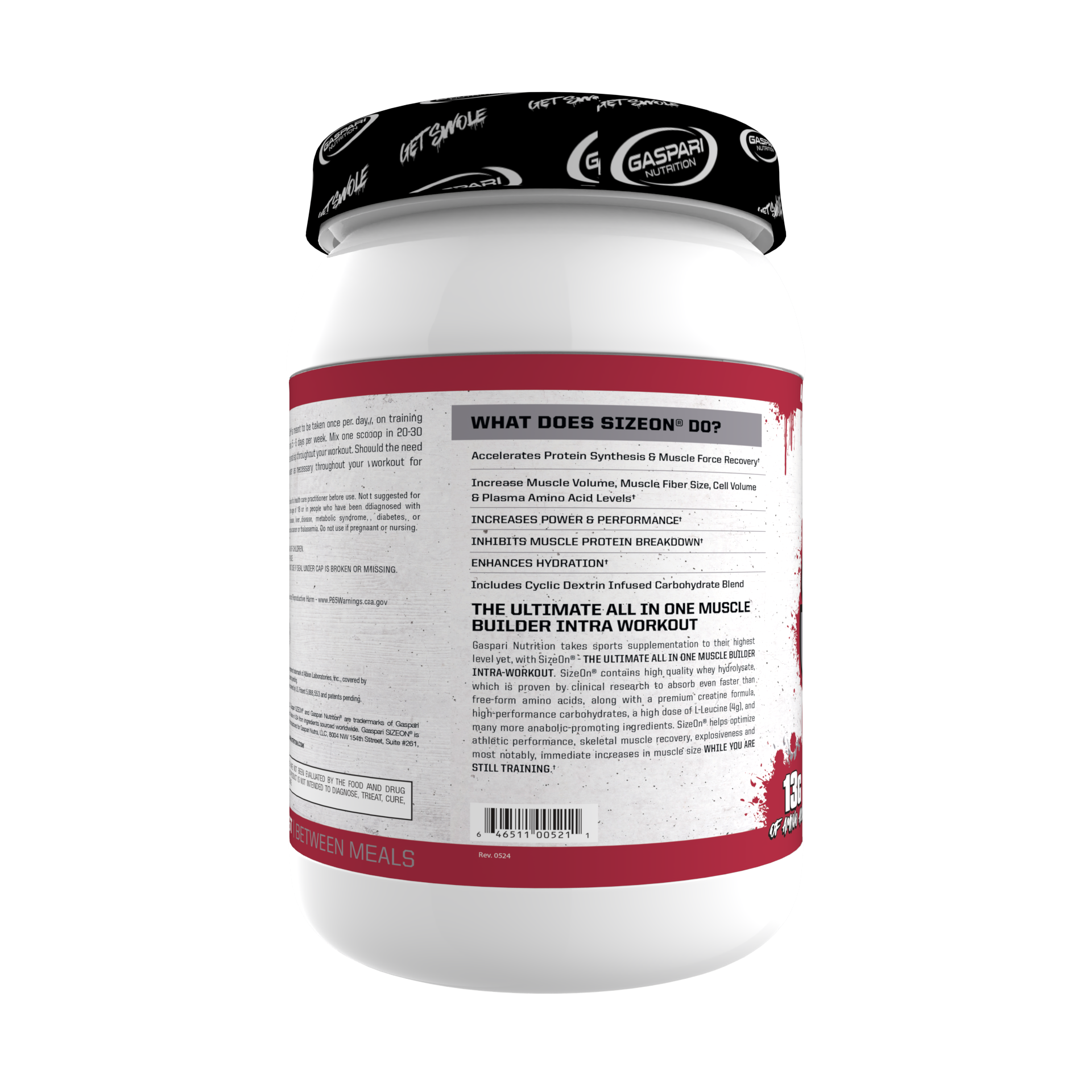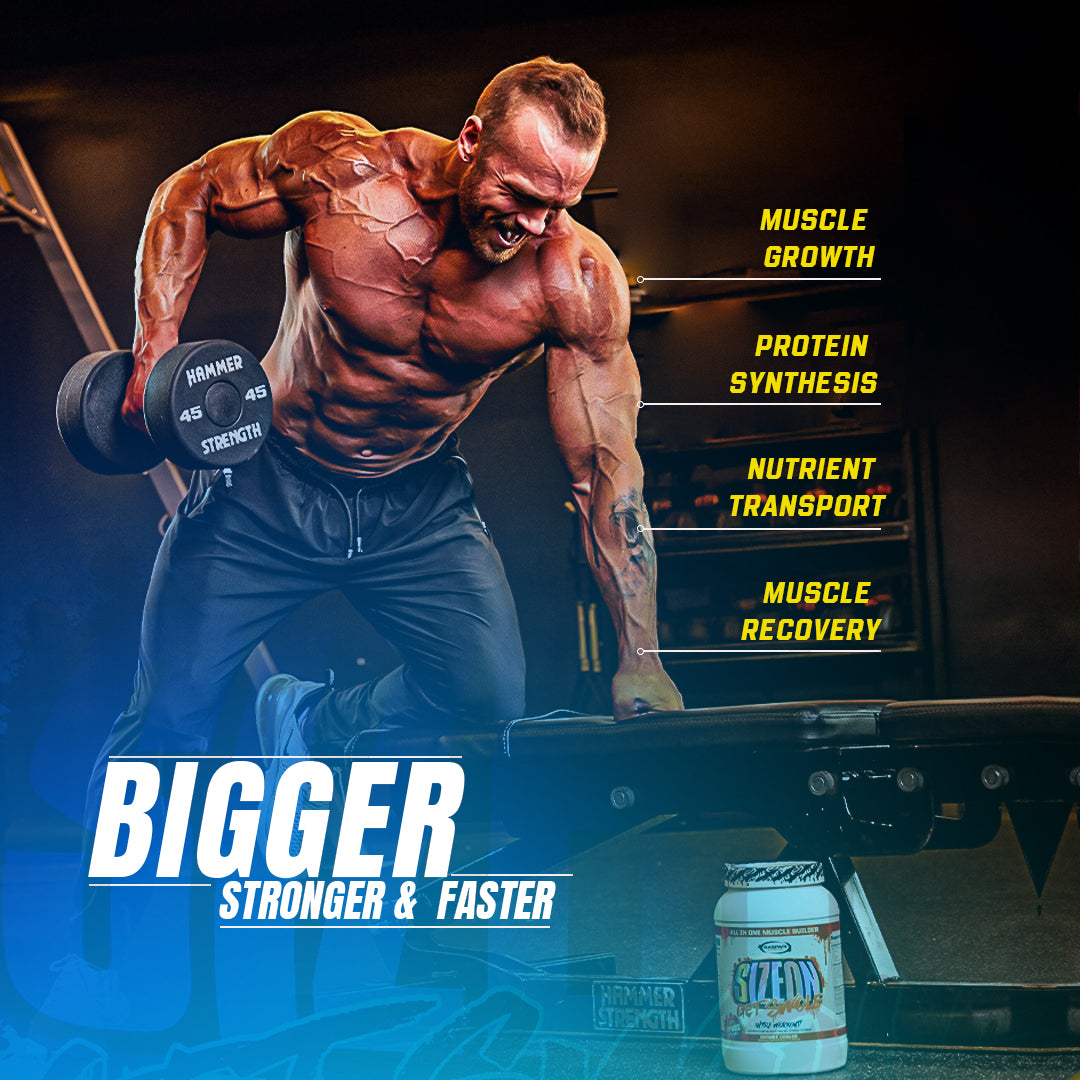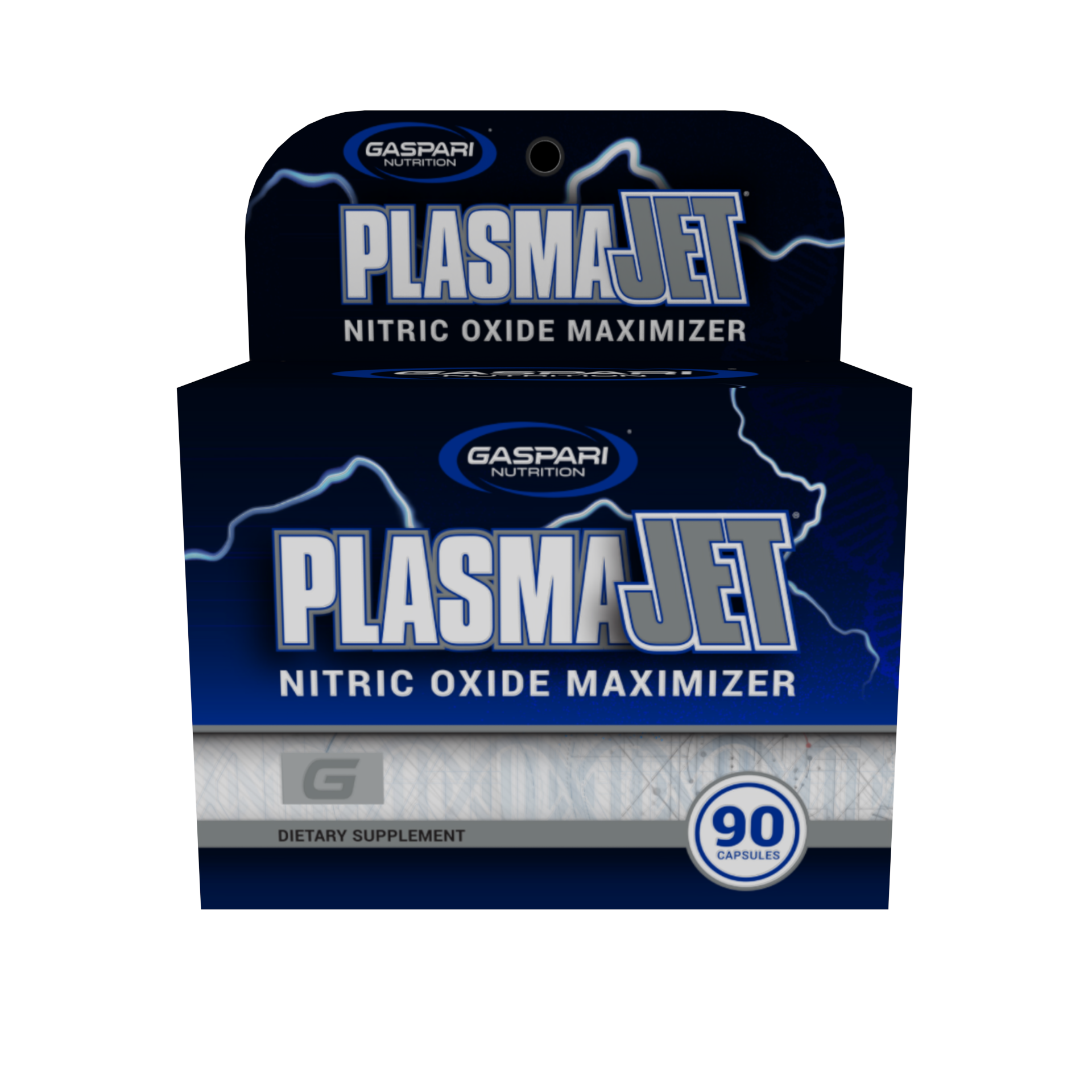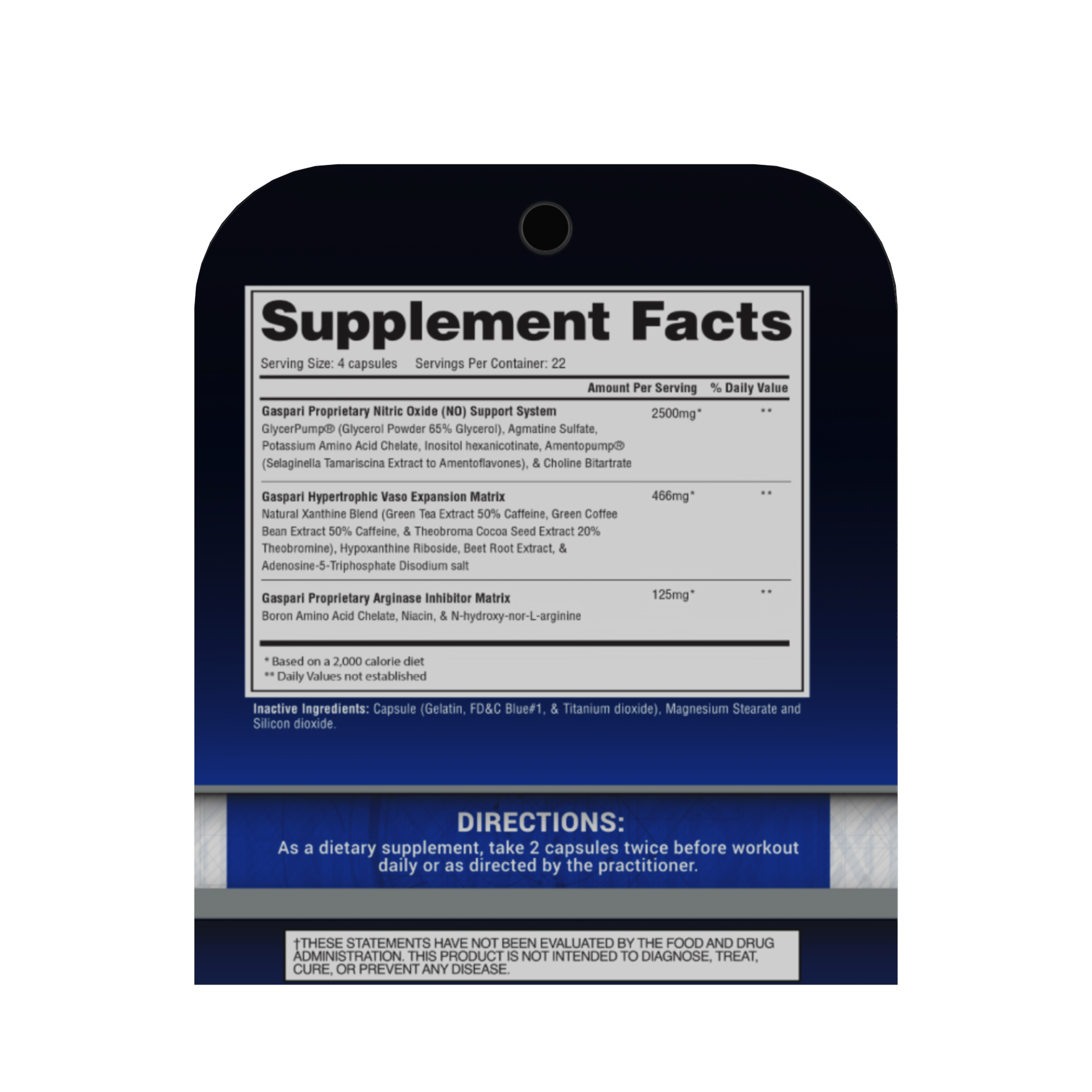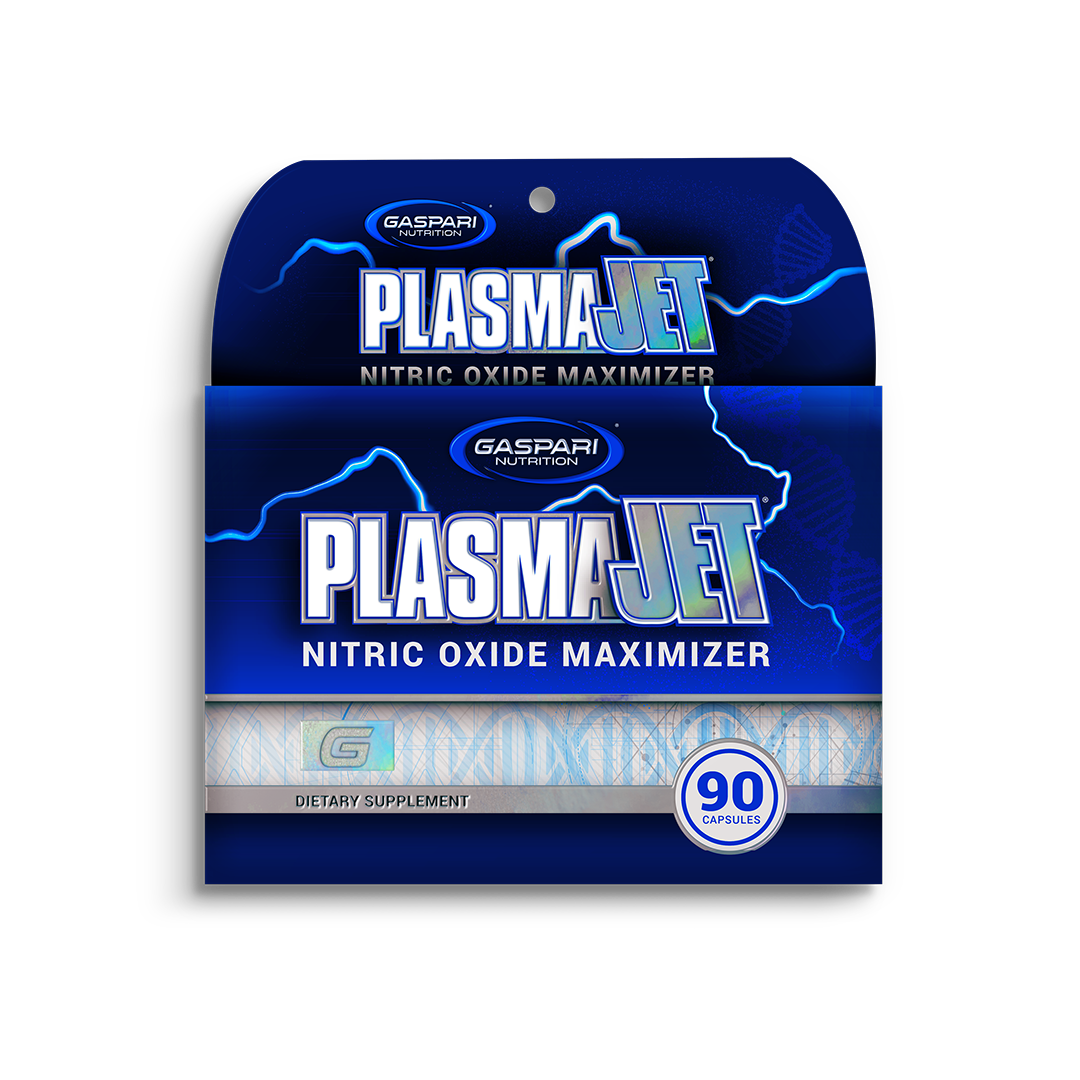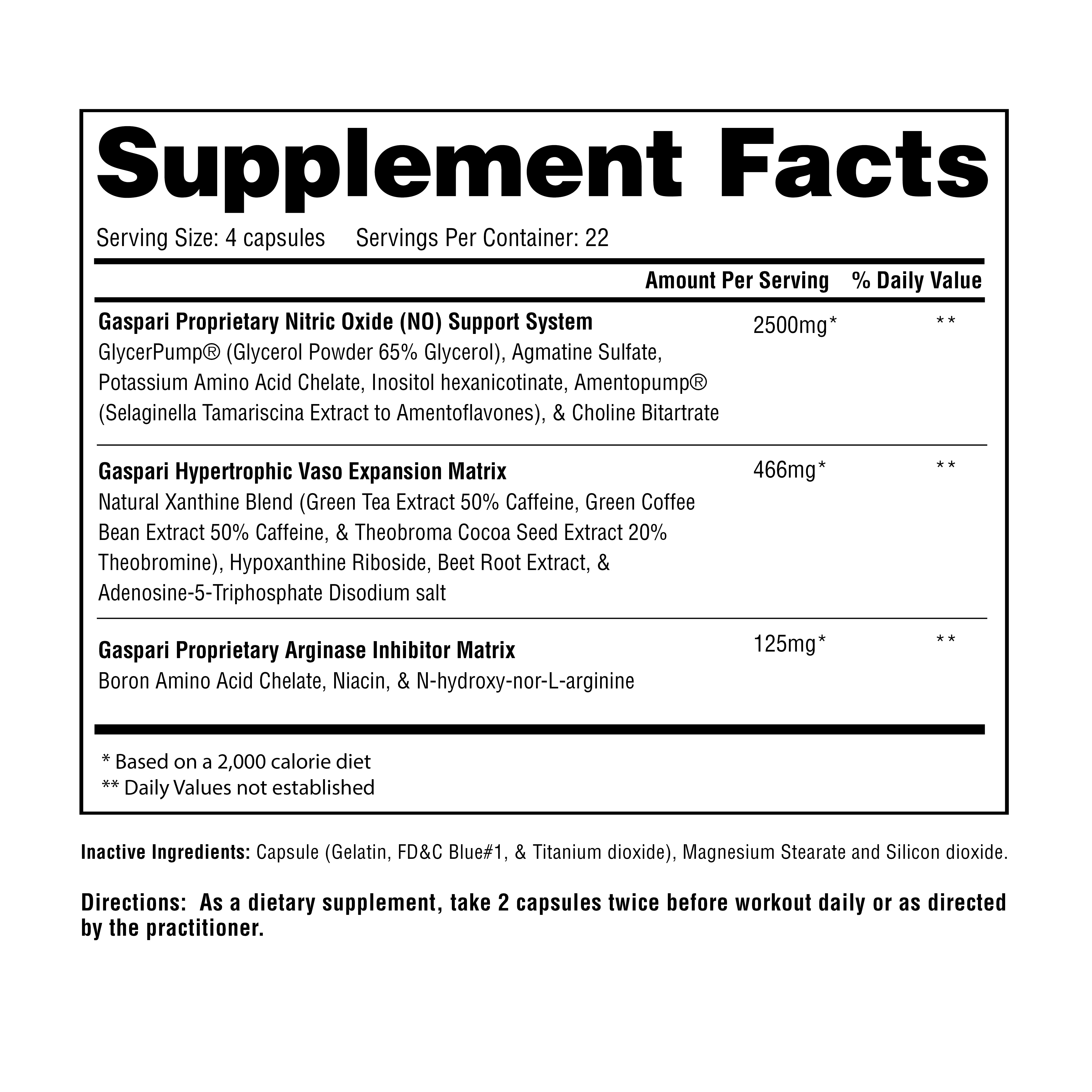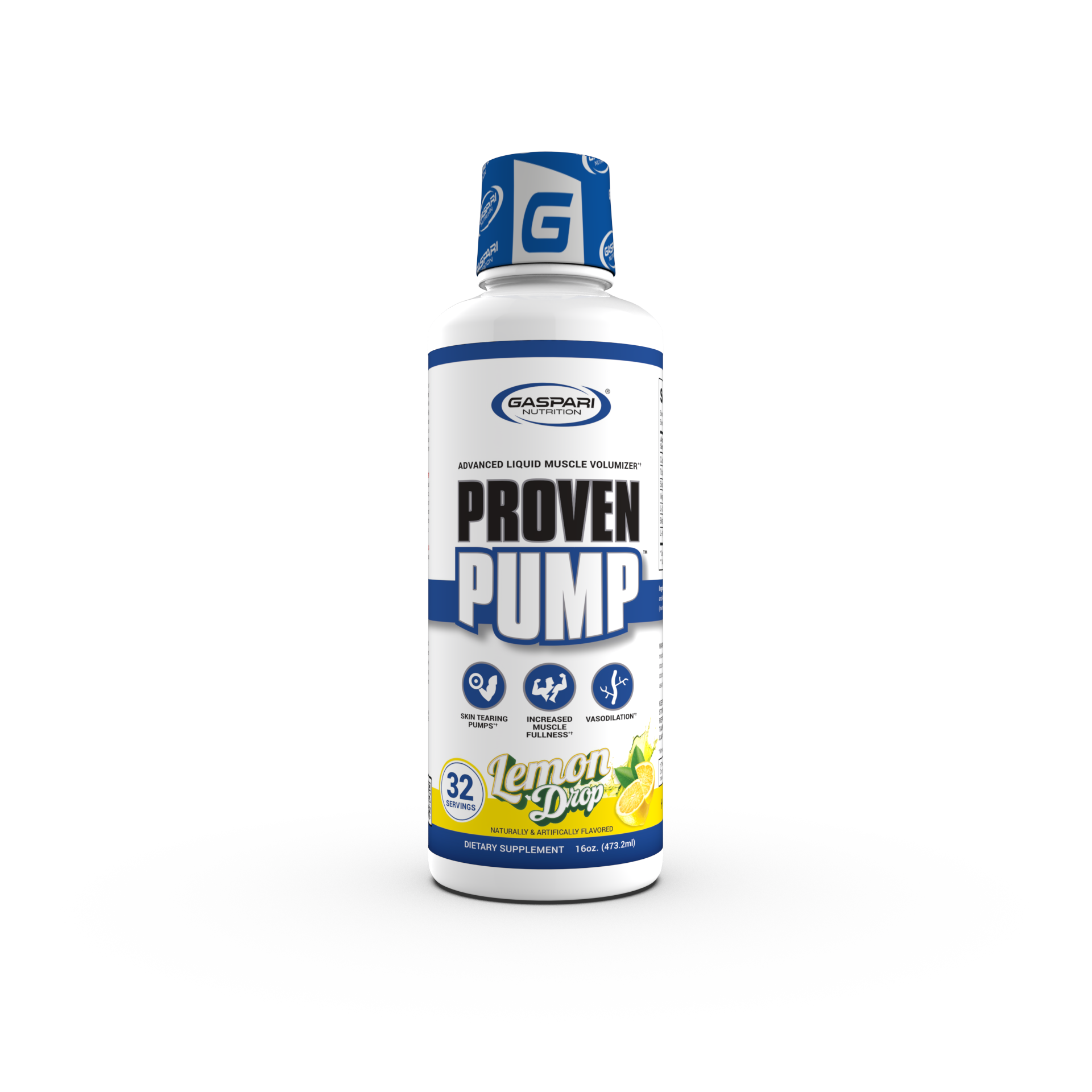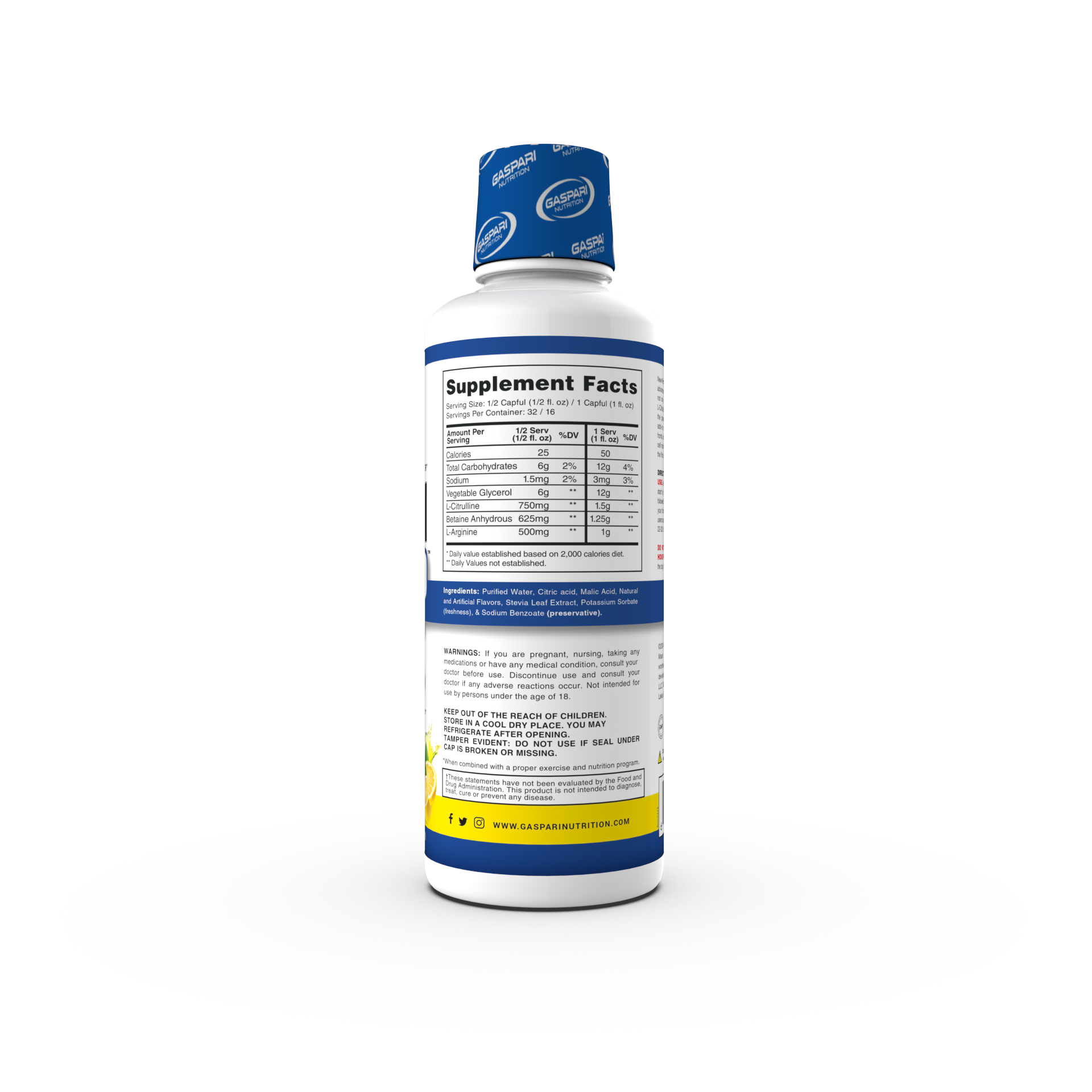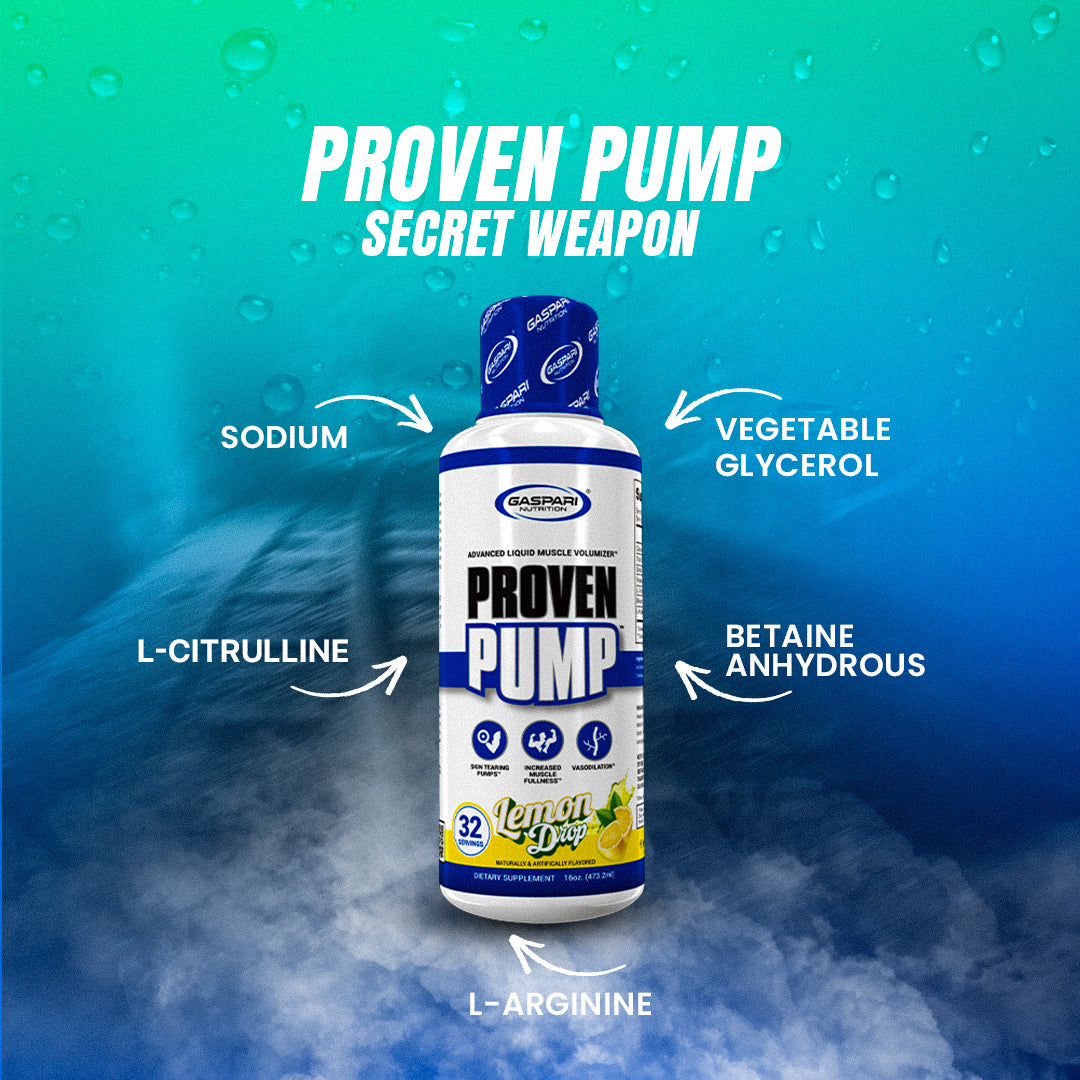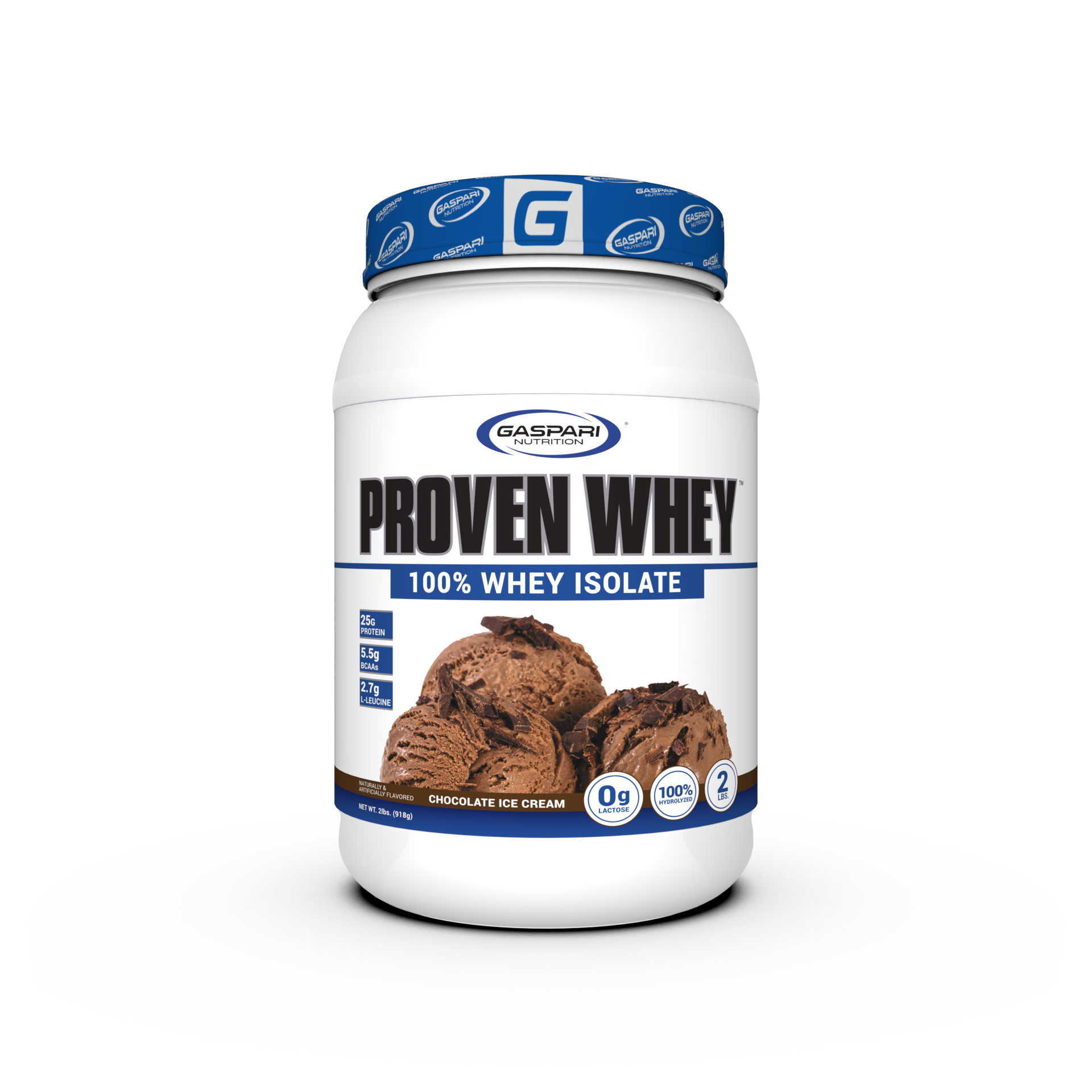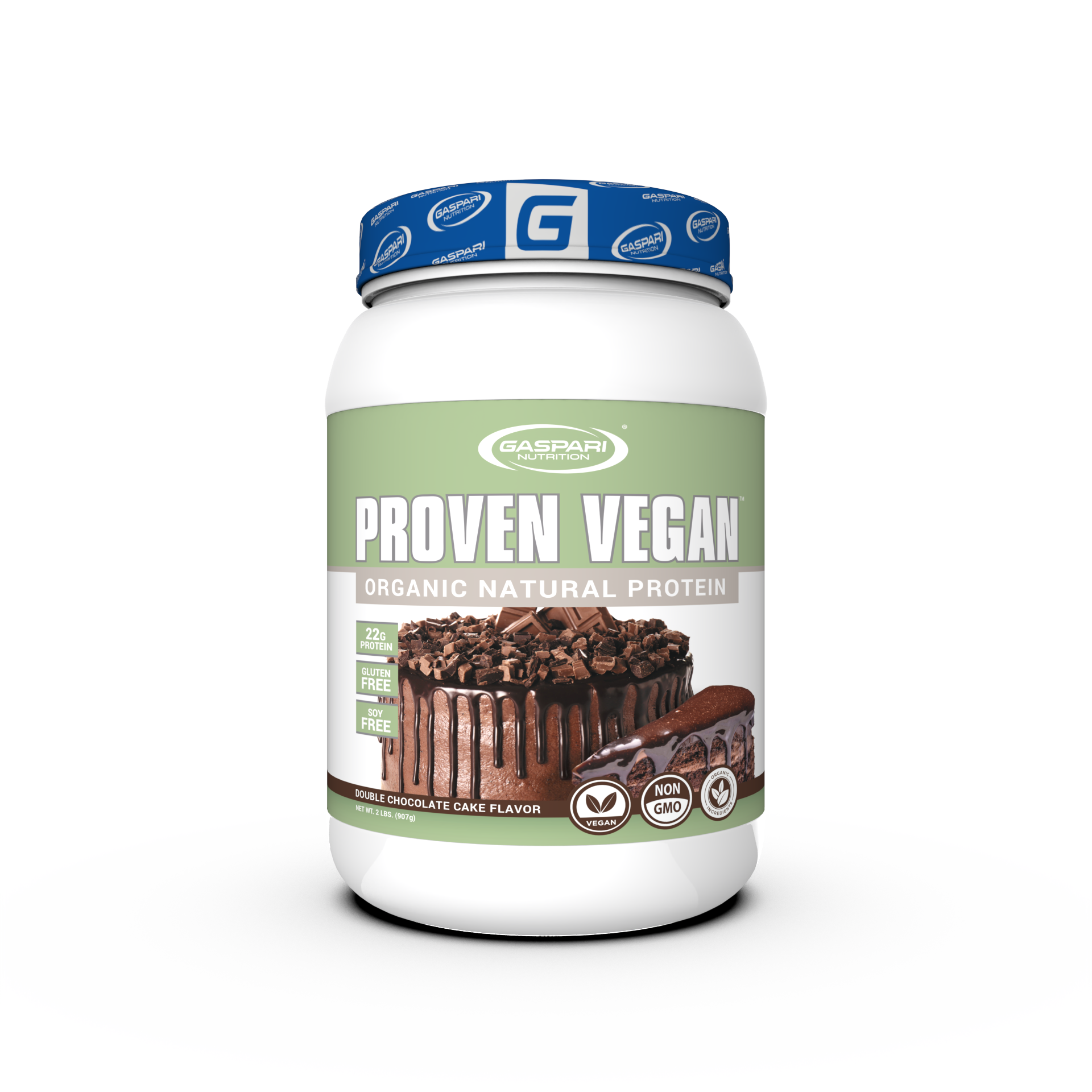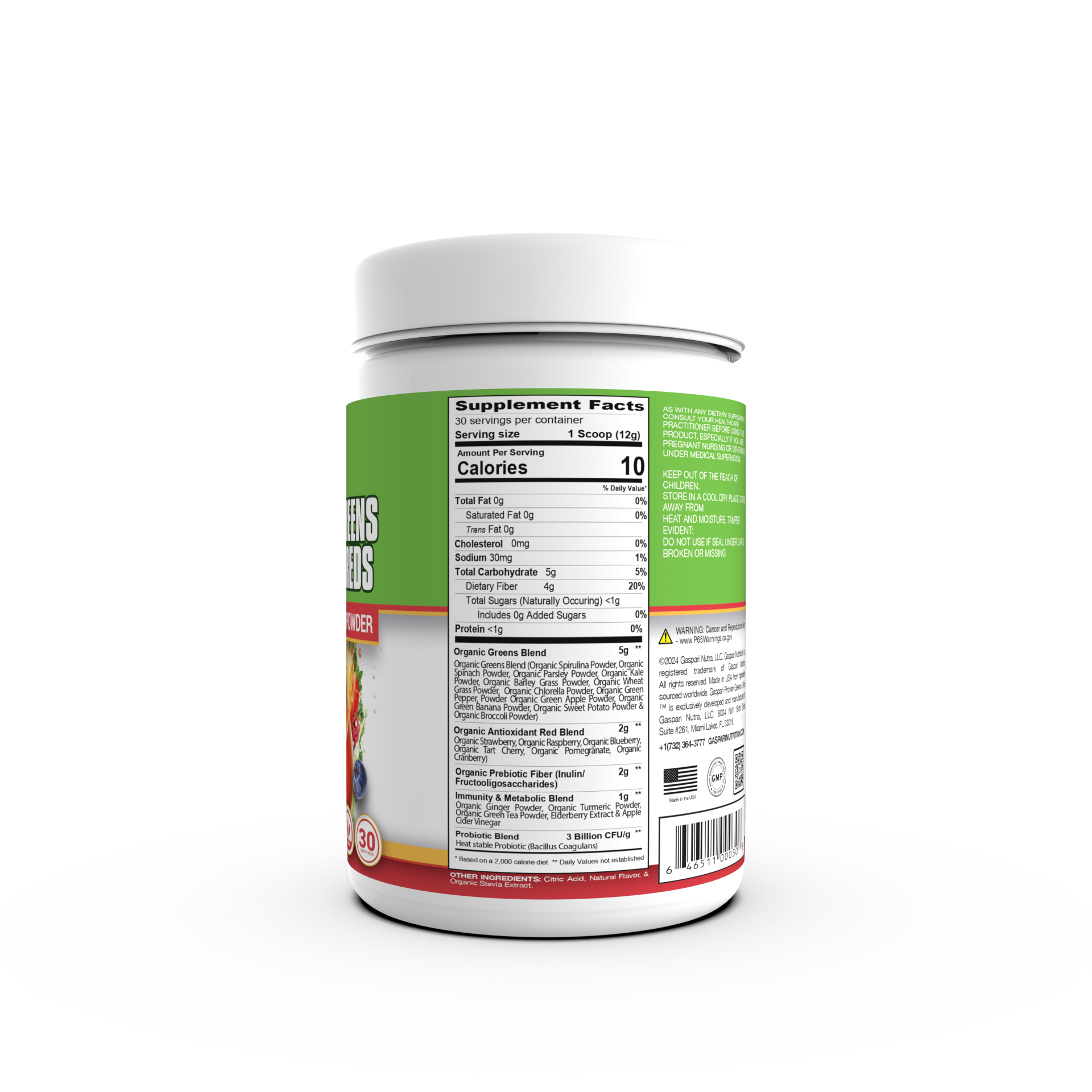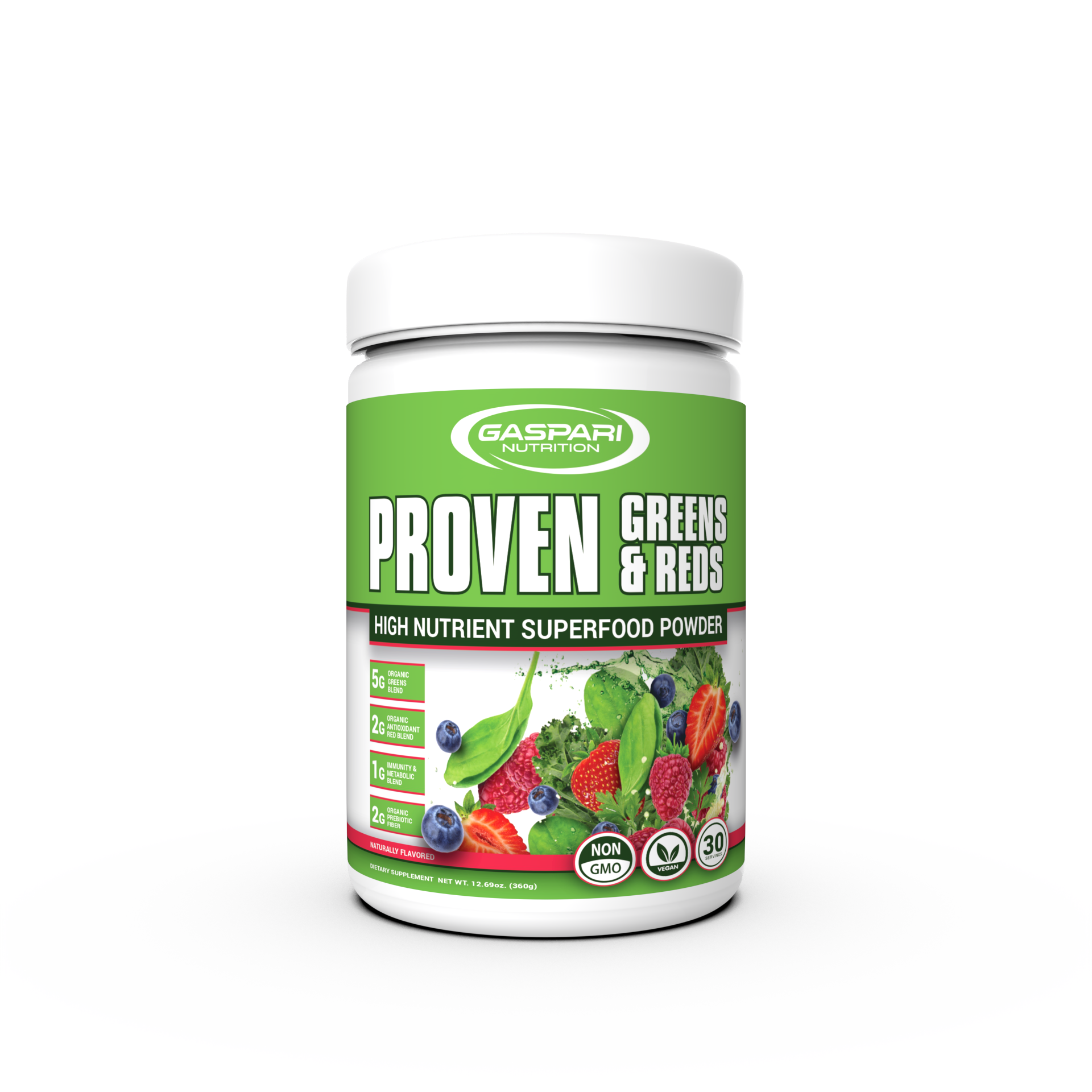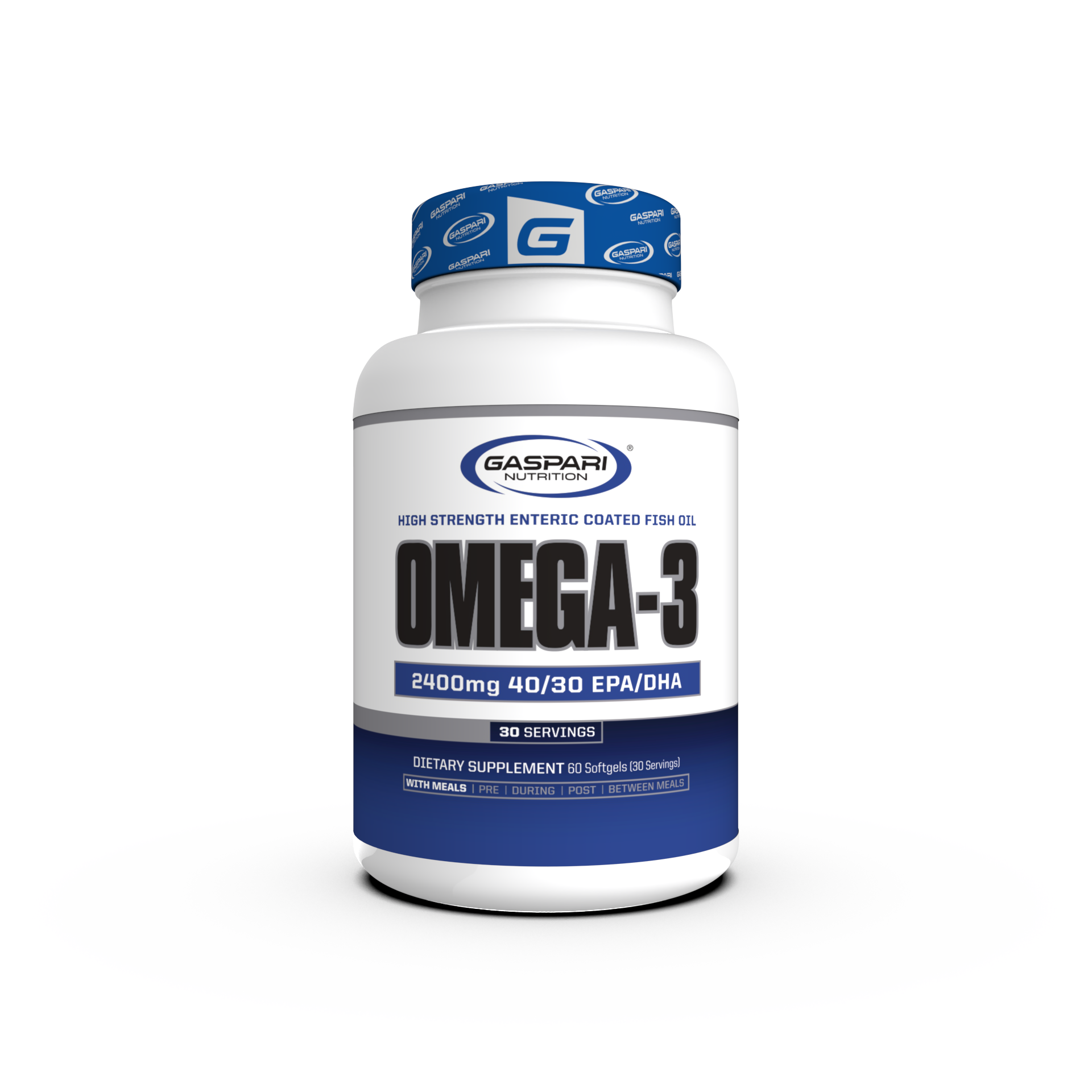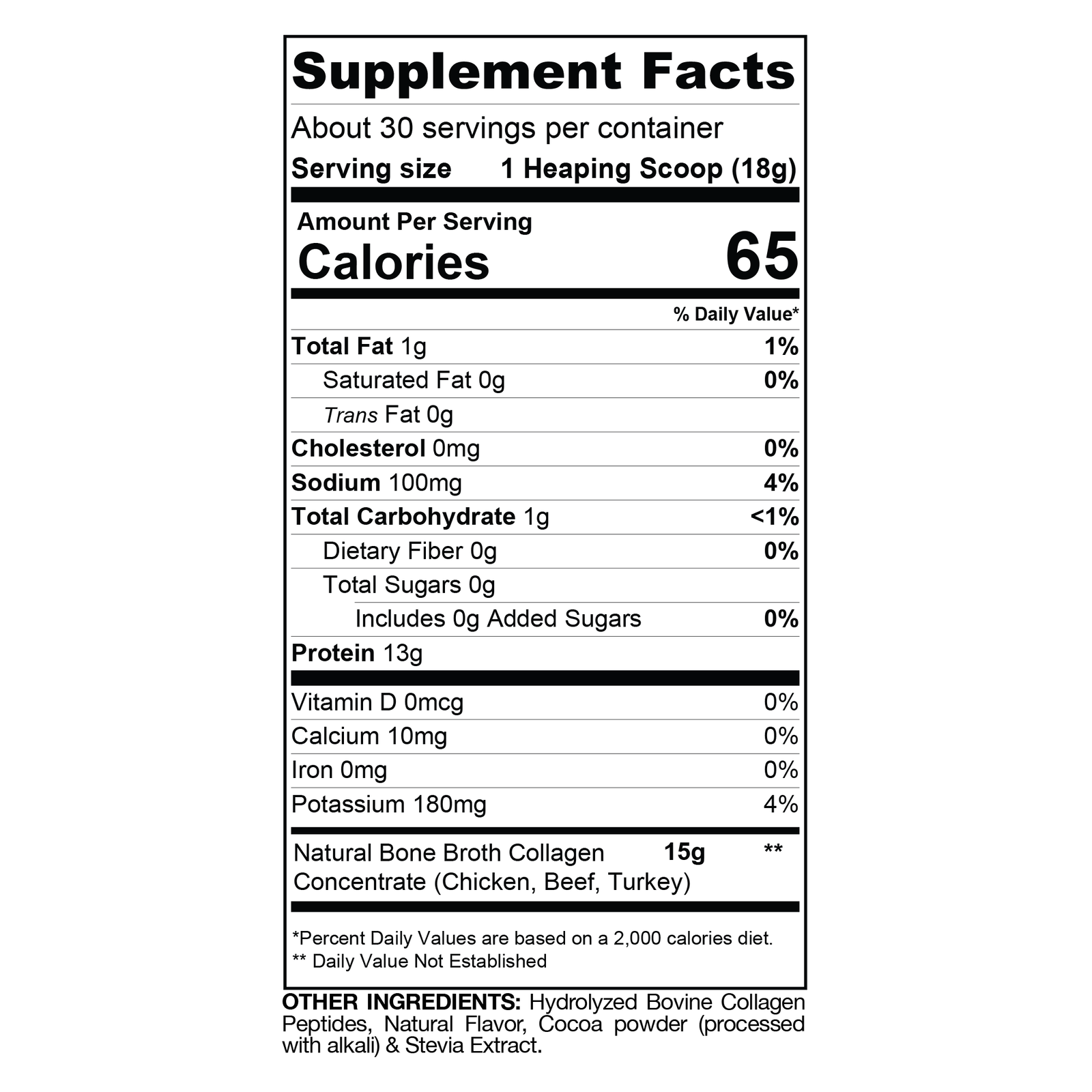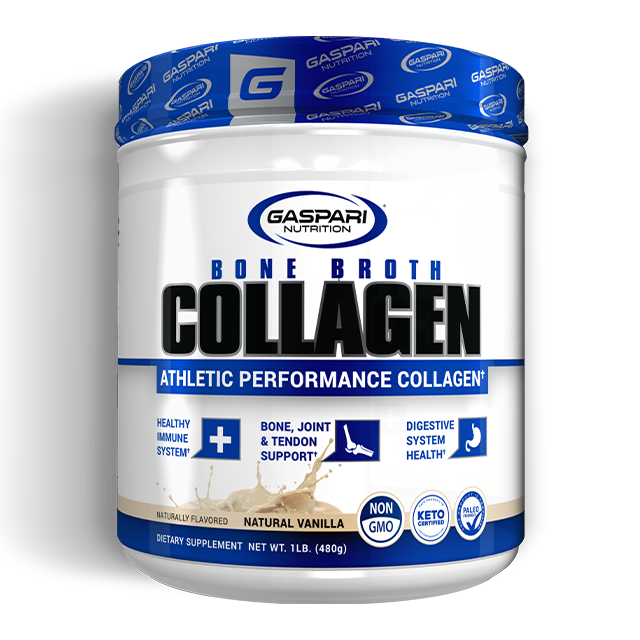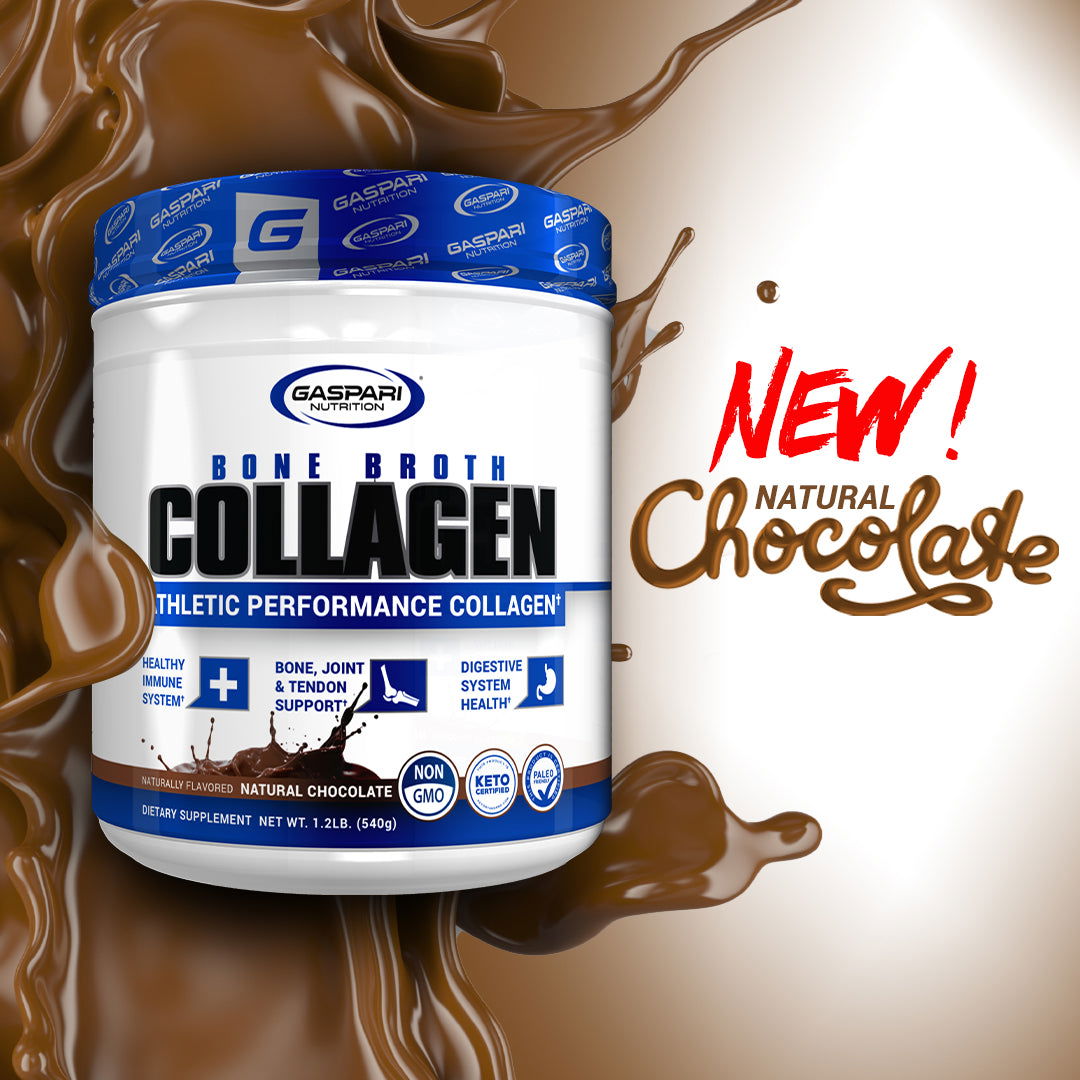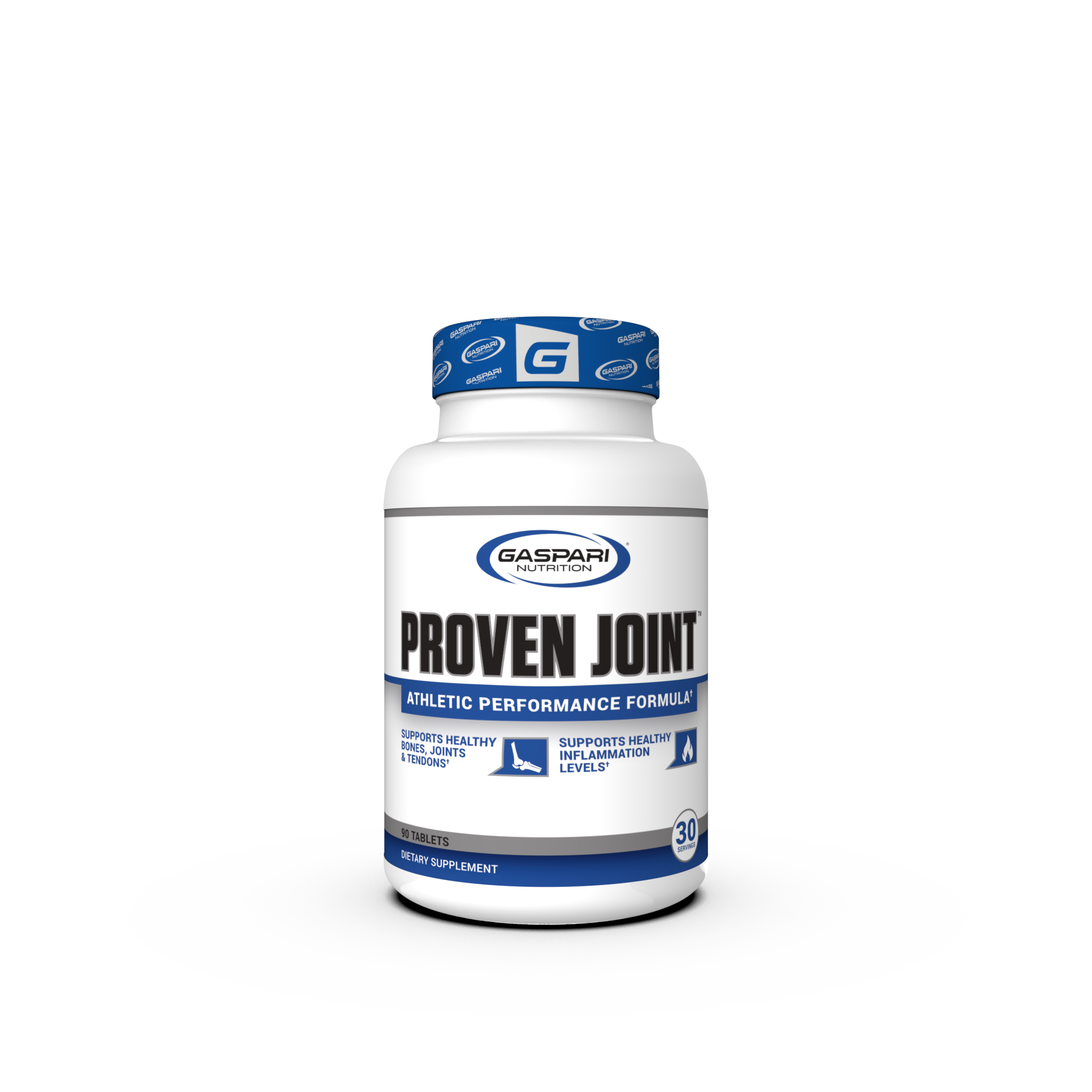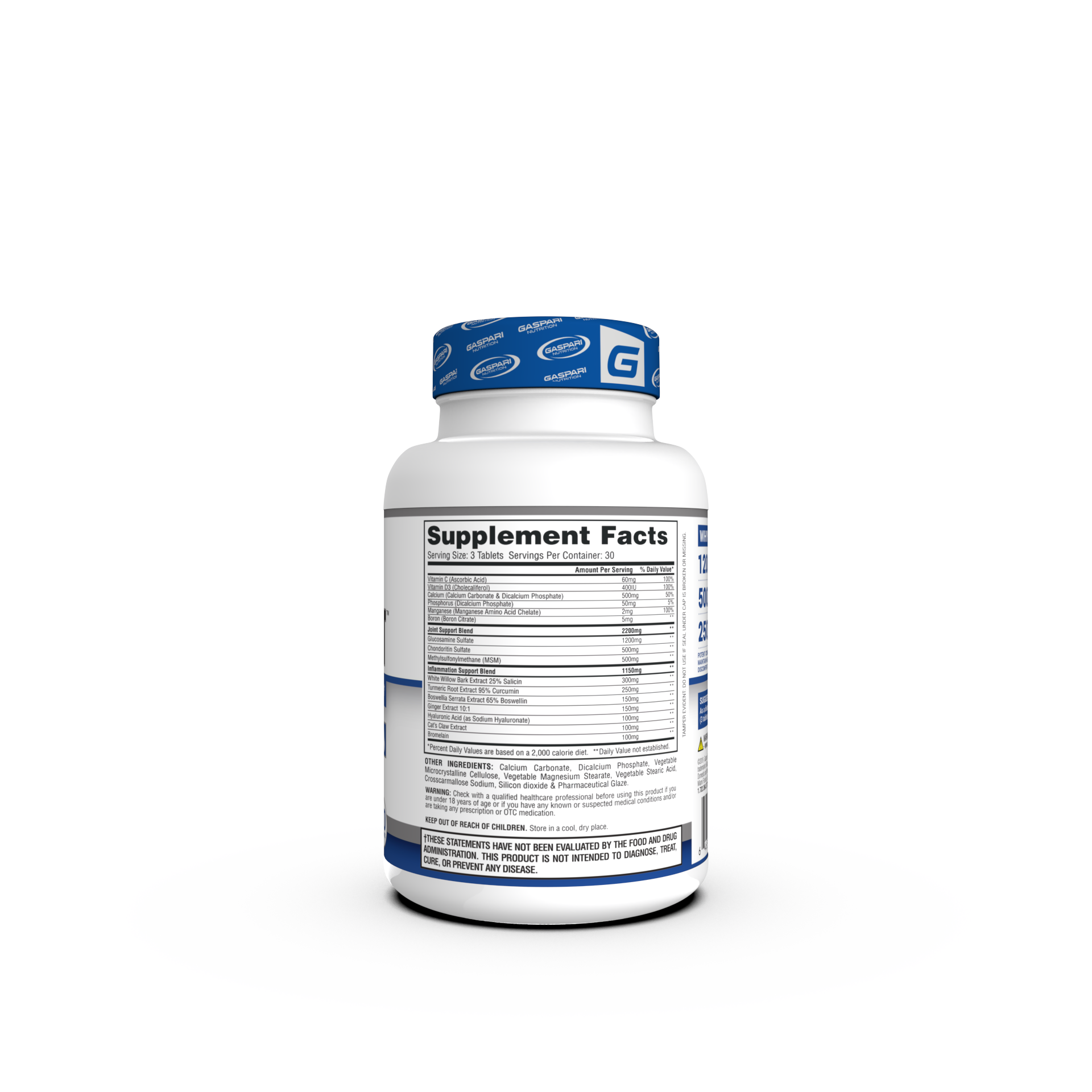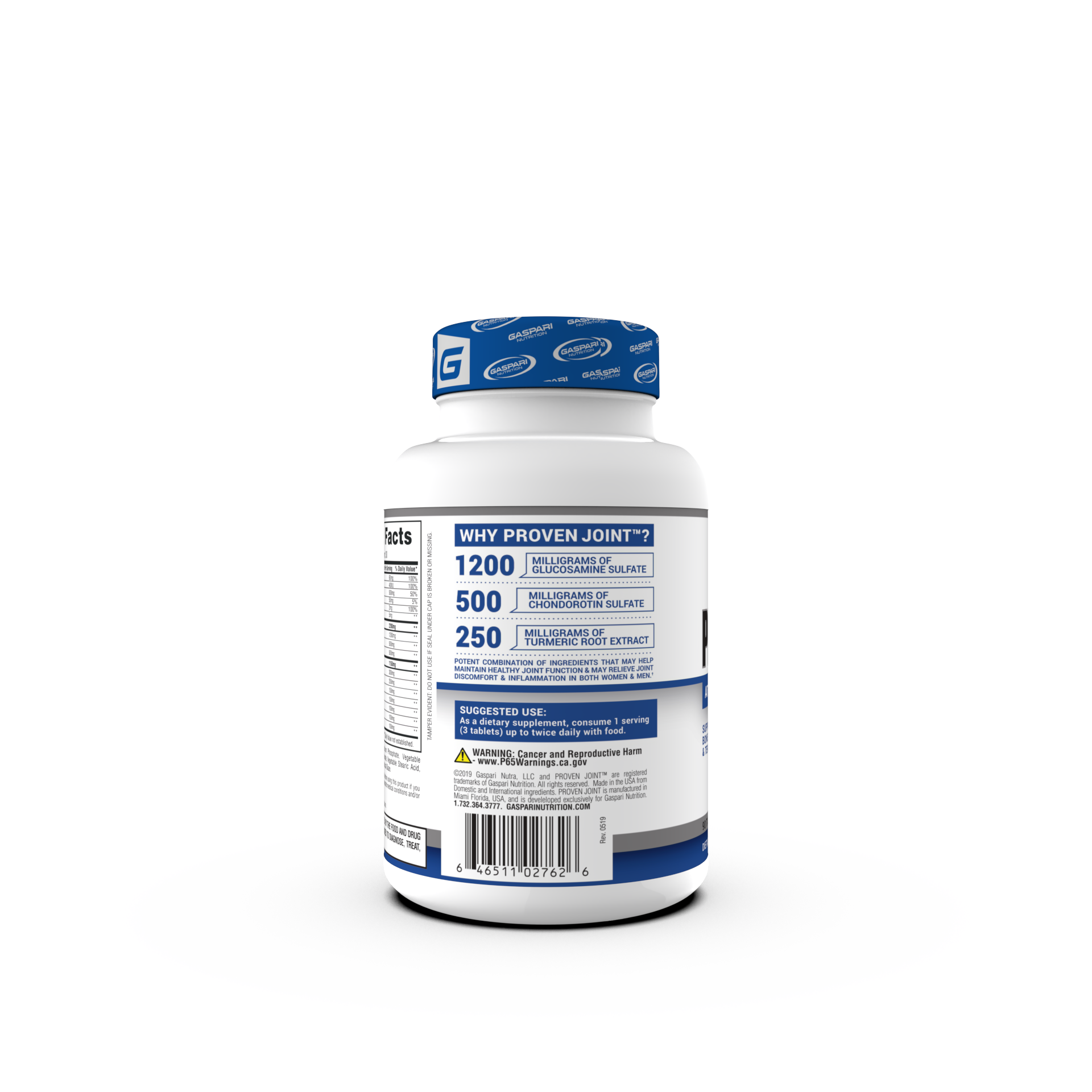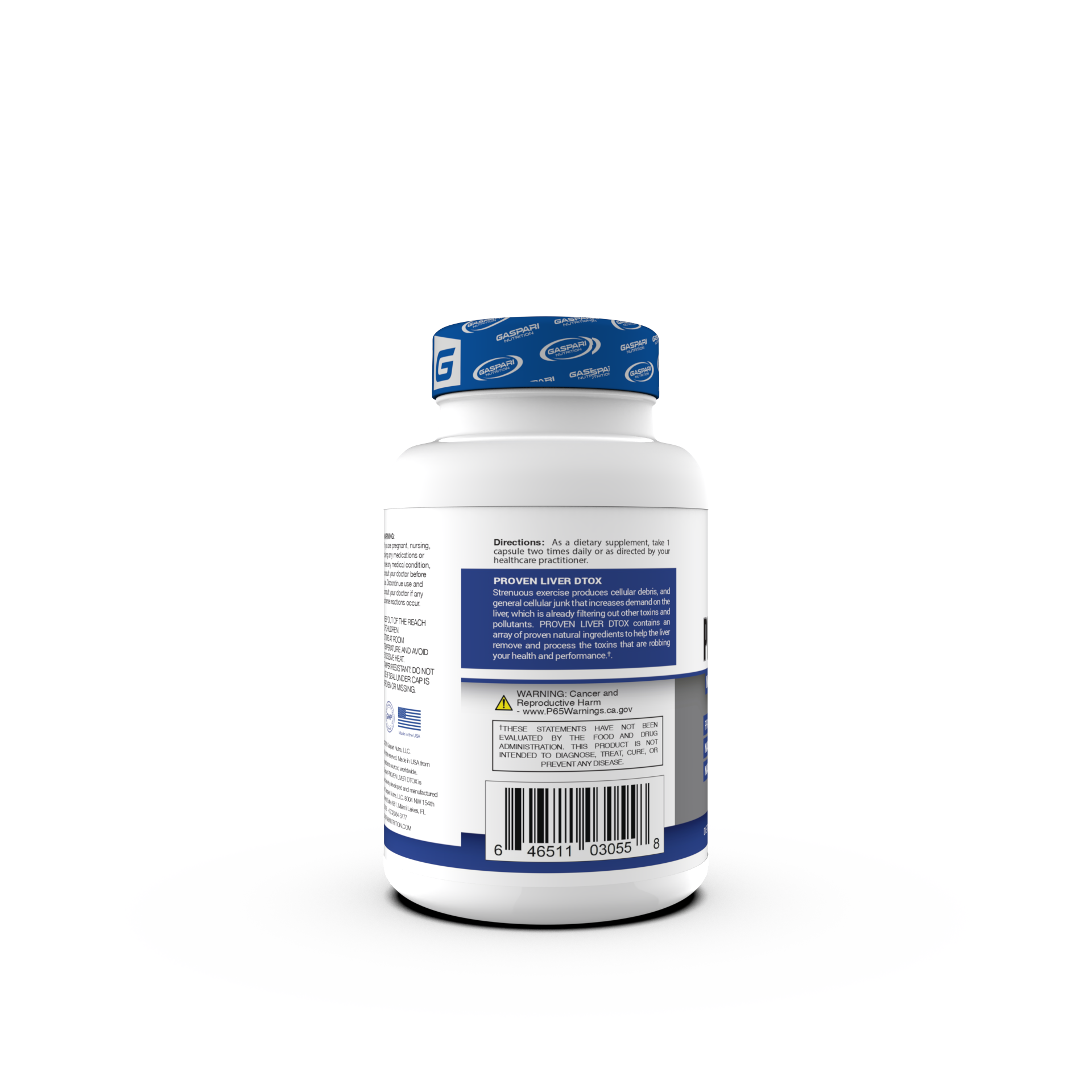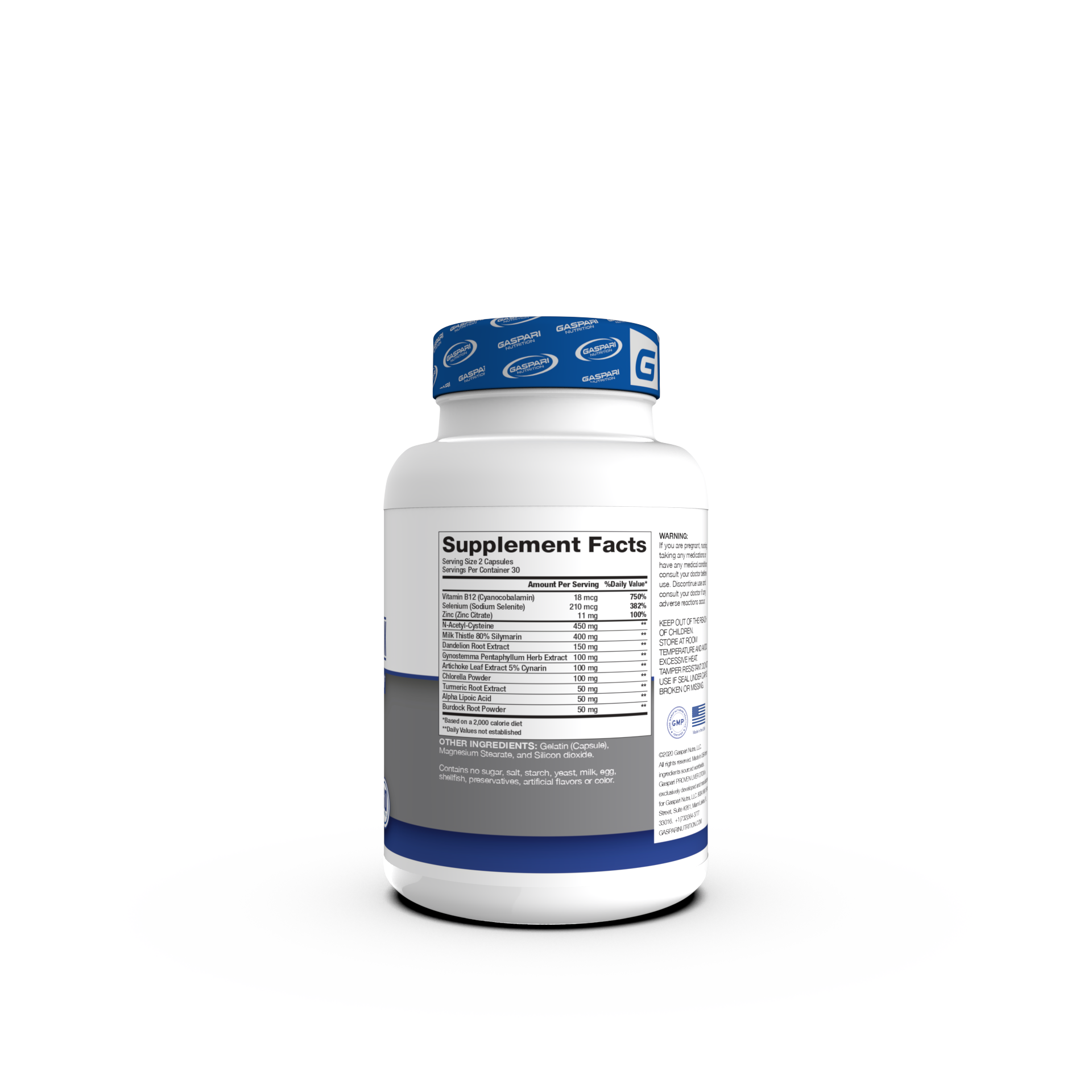Fitness Facts
- by Rich Gaspari
Whey vs. Egg Protein: Unveiling the Optimal Choice for Athletes' Muscle Building
Why Your Protein Source Matters?
When you're pushing your limits in the gym—lifting heavier, running faster, and pushing through one more rep—your muscles aren't just working hard. They're also breaking down and begging for fuel to recover and grow stronger. This is where nutrition becomes a game-changer.
It’s often said that muscles are built in the kitchen just as much as in the gym, and for good reason. Without the right nutrients, especially high-quality protein, your workouts won't translate into the gains you're chasing. Whether you're a competitive athlete, a gym rat, or someone just starting their fitness journey, what you feed your body post-workout directly impacts your results.
Among the wide range of protein supplements available today, whey protein and egg protein have emerged as two of the most effective and scientifically supported choices for muscle building. Both are complete proteins, meaning they contain all nine essential amino acids, but they differ in digestion rate, amino acid composition, cost, and suitability for various dietary needs.
So the real question is:
Which one is the optimal choice for building lean muscle, speeding up recovery, and fueling your performance—whey or egg protein?
What Is Whey Protein?
Whey protein is a by-product of cheese production. It is one of the most complete proteins available and contains all 9 essential amino acids, including high levels of branched-chain amino acids (BCAAs) like leucine, isoleucine, and valine.
Key Benefits of Whey Protein:
Fast absorption: Whey digests quickly, delivering amino acids to muscles fast—ideal for post-workout recovery.
High BCAA content: BCAAs play a key role in muscle growth and recovery.
Supports lean muscle mass: Helps repair muscle damage and build new muscle tissue.
Convenient: Comes in various flavored powders, easy to mix with water or milk.
What Is Egg Protein?
Egg protein, also known as egg white protein or albumin, is made by separating and drying the whites of eggs. It’s been used by bodybuilders long before whey gained popularity. Like whey, it’s a complete protein with all essential amino acids.
Key Benefits of Egg Protein:
Slow to moderate digestion: Provides a steady release of amino acids—great for long-lasting muscle support.
Naturally fat- and carb-free: Ideal for athletes on low-carb or cutting diets.
High bioavailability: Very efficiently absorbed and utilized by the body.
No dairy: Suitable for lactose-intolerant individuals.
Protein Quality: Which Is Superior?
To measure protein quality, we look at biological value (BV) and PDCAAS (Protein Digestibility-Corrected Amino Acid Score).
Protein Type
Biological Value (BV)
PDCAAS Score (Max = 1.0)
Whey
104
1.0
Egg
100
1.0
Digestion Speed and Timing
Factor
Whey Protein
Egg Protein
Digestion Speed
Very fast (within 30–60 mins)
Slow to moderate (2–3 hours)
Best Used
Post-workout
Between meals or before bed
Whey’s quick digestion makes it a perfect post-workout option, while egg protein’s steady release is great for sustained muscle repair over time.
Factors of Amino Acid
Whey protein is rich in leucine, the key amino acid responsible for triggering muscle protein synthesis (MPS). Egg protein also contains leucine, though in slightly smaller amounts.
Whey Protein BCAA Content (per 30g): ~6.5g
Egg Protein BCAA Content (per 30g): ~5.5g
If rapid muscle recovery and growth are your goals, whey may offer a slight advantage due to its BCAA profile.
Digestibility & Tolerance
Whey Protein: Some people may experience bloating or digestion issues, especially with whey concentrate due to lactose.
Egg Protein: Naturally lactose-free and easier on the stomach for most individuals.
If you're lactose intolerant or sensitive to dairy, egg protein can be a better choice.
Satiety and Fat Loss Support
Egg protein tends to keep you fuller for longer due to its slower digestion, making it a smart option during fat loss phases. Whey, being fast-digesting, is better for muscle gain and recovery, but may not keep you full for extended periods.
Pros and Cons of Whey and Egg Protein
Whey Protein – The Fast-Acting Favorite
Whey protein is widely loved for its rapid absorption, making it a go-to choice for post-workout recovery. Its high content of branched-chain amino acids (BCAAs), especially leucine, makes it highly effective for stimulating muscle protein synthesis. One of the biggest advantages of whey is its affordability and easy availability—it’s found in almost every supplement store and online platform. Additionally, it comes in a wide variety of flavors, which makes sticking to your protein routine more enjoyable.
However, whey isn't perfect for everyone. Since it's derived from milk, individuals who are lactose intolerant or have dairy sensitivities may experience bloating, gas, or stomach discomfort after consumption. Also, because whey digests so quickly, it might not keep you feeling full for long, which makes it less suitable for those relying on protein to curb hunger between meals.
Egg Protein – The Slow-Releasing Classic
Egg protein, on the other hand, is a powerhouse for those looking for a lactose-free, clean, and complete protein source. It’s naturally fat-free, carb-free, and highly bioavailable, meaning your body can absorb and use it very efficiently. Unlike whey, egg protein digests at a slower pace, providing a steady stream of amino acids to your muscles over a longer period. This makes it particularly useful for muscle maintenance during fat loss phases or as a nighttime protein.
That said, egg protein has a few drawbacks. It tends to be more expensive than whey and is not as widely available, especially in flavored forms. While unflavored versions have a neutral profile, some users may find the taste slightly “eggy,” which can be off-putting if not blended well or flavored properly.
Final Verdict: Which One Should Athletes Choose?
Choose Whey Protein If:
You want fast muscle recovery post-workout
You’re focused on muscle mass and strength gains
You don’t have issues with lactose or dairy
Choose Egg Protein If:
You need a lactose-free, dairy-free alternative
You want sustained release protein through the day or before bed
You're in a cutting phase or looking for clean, fat-free protein
Bonus Tip: Why Not Combine Both?
Some athletes choose a blend of whey and egg protein to maximize benefits:
Whey post-workout for rapid muscle recovery
Egg protein between meals or at night for long-lasting muscle support
This strategy can give you the best of both worlds.
Both whey and egg proteins are exceptional choices for athletes aiming to build or maintain muscle. Your choice depends on your goals, digestion, dietary restrictions, and budget. No matter which one you pick, consistency in training and nutrition will ultimately deliver the best results.
Best Of Gaspari Nutrition
$31.99
Out of Stock
$34.99
$29.99
Out of Stock





